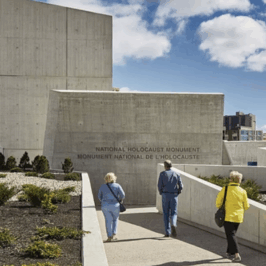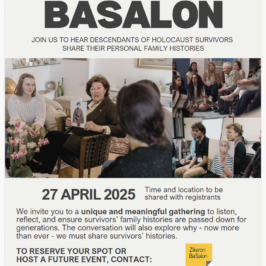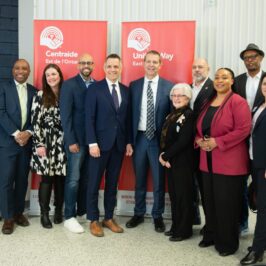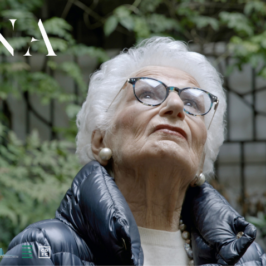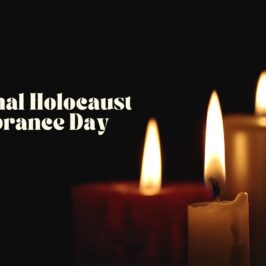This article was originally published by The Ottawa Citizen, updated Jun 03, 2020
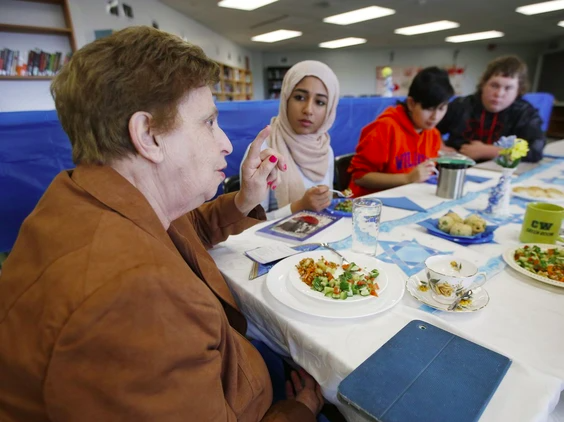 When Vera Gara told students at Cairine Wilson Secondary School it was important to help the Syrian refugees now on their way to Canada, her words carried more weight than any politician’s.
When Vera Gara told students at Cairine Wilson Secondary School it was important to help the Syrian refugees now on their way to Canada, her words carried more weight than any politician’s.It was in 1938 that many western countries, Canada included, turned away the MS St. Louis, a passenger liner carrying nearly 1,000 Jews and other refugees from Europe fleeing Nazi persecution. Most of the passengers ended up back in Europe where hundreds would die in death camps.
Gara cited presidential hopeful Donald Trump’s call for a ban on Muslims entering the United States as a warning of the dangers that still exist.
“We don’t have to love each other, but we do have to tolerate each other,” she said. “Now we have this person in the United States — Mr. Trump — who is saying the same things. The hatred is still there.
Tibor Egervari was just a child in Hungary during the war and the family had lived more or less a normal life until March 1944, when the Nazis turned their attention to Hungarian Jews. Egervari was hidden by a Protestant family and survived the war. His father and brother did not.
Asked one student: What is the most important lesson we can learn from the Holocaust?
“I would tell you to be very, very careful,” Egervari said. “I’d tell you not to believe in any rhetoric that tries to identify people by what they are. What matters in life is not what you are, it’s what you do.
“Be careful of anything that can lead to dictatorship … people who say they know the truth. Think for your yourself. Learn things for yourself. Then make your own decision.”
For teacher Kerra Wadley, who teaches history and food science (her class put together a kosher lunch for guests), the day was a rare chance for students to experience history firsthand.
“The next generation of kids won’t have this experience,” Wadley said. “It’s going to be up to this generation to tell the stories. They understand how important it is to get it right.”

